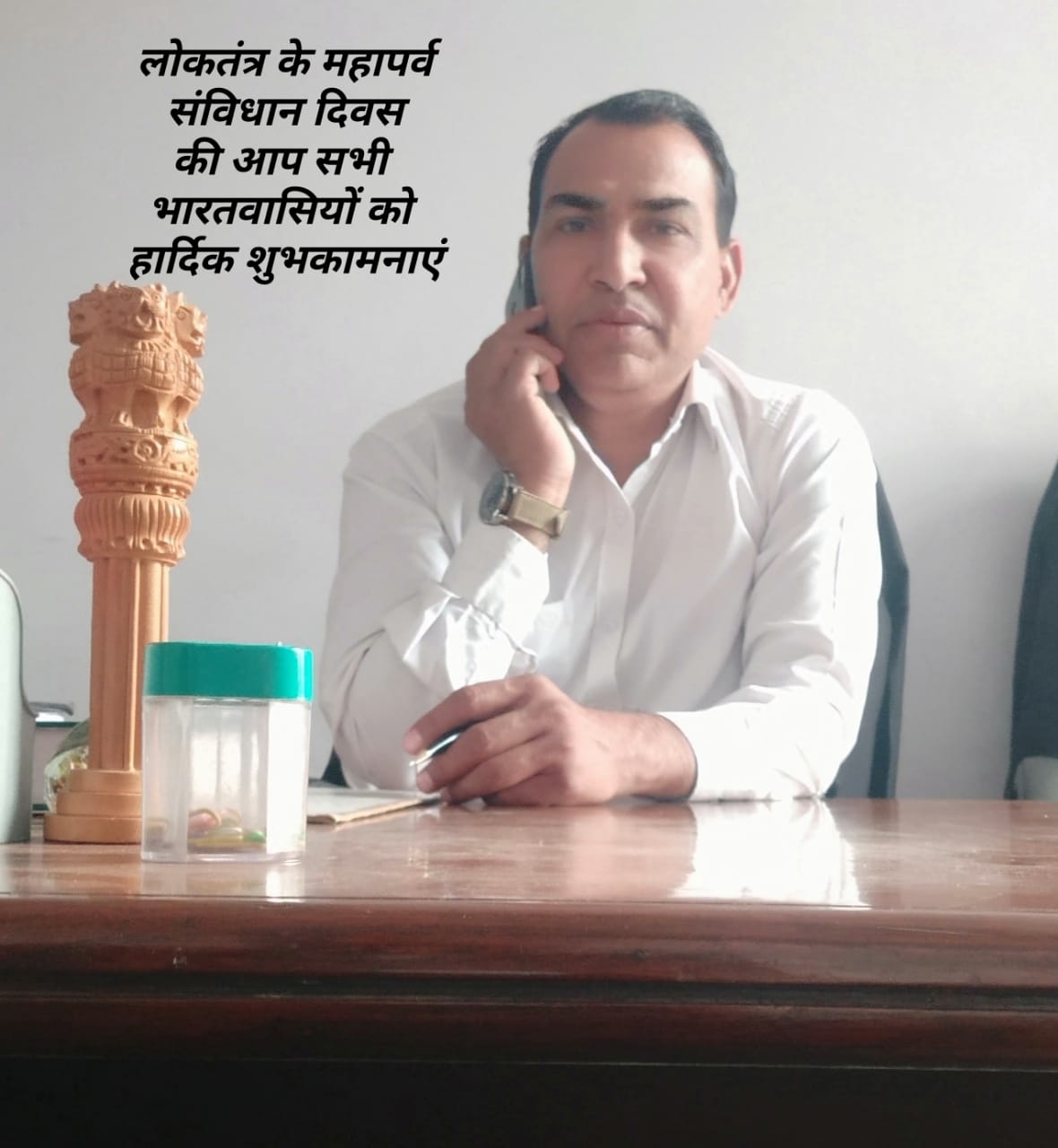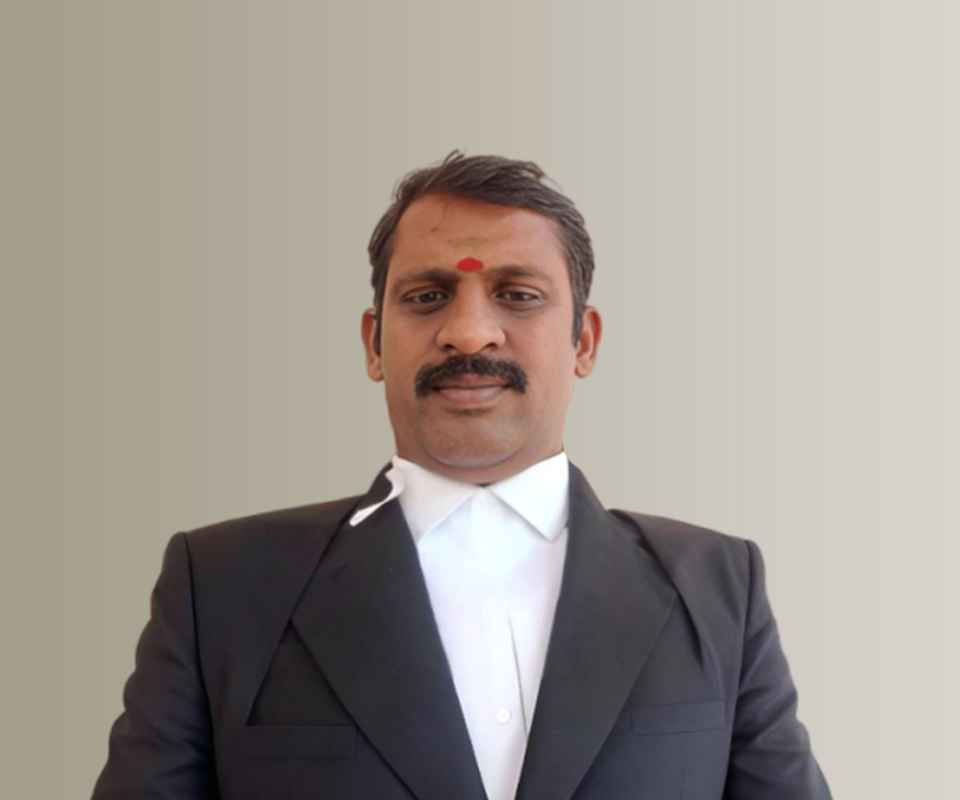Answer By law4u team
Domestic violence laws are designed to protect individuals from various forms of abuse, regardless of their marital status or whether it is their first or second marriage. In cases of second marriages, the legal framework ensures that women, regardless of their prior marital history, have the right to be protected from domestic abuse. The Protection of Women from Domestic Violence Act (PWDVA) and other provisions under the Indian Penal Code (IPC) provide robust protections for victims of domestic violence, including those in second marriages.
Domestic Violence Law in Second Marriages:
Protection of Women from Domestic Violence Act (PWDVA), 2005:
The Protection of Women from Domestic Violence Act (PWDVA) was specifically designed to provide protection to women who face domestic violence, including in second marriages. It applies irrespective of whether the woman is in her first or second marriage.
Definition of Domestic Violence:
According to the PWDVA, domestic violence includes not only physical violence but also emotional, psychological, sexual, and economic abuse. A woman in a second marriage is entitled to protection under the law if she is subjected to any form of abuse by her husband or his relatives.
Right to Live in a Shared Household:
Under the PWDVA, a woman has the right to live in a shared household, even if the marriage is her second. This right extends to the woman and her children from both her first and second marriages.
Relief Available:
The victim can seek various forms of relief, including protection orders, residence orders, monetary relief, and custody of children. Even if the woman is in a second marriage, she can approach the court for these remedies if she faces domestic violence.
Example:
If a woman is in her second marriage and experiences physical or emotional abuse from her husband or stepchildren, she can file a complaint under the PWDVA and seek protection orders to prevent further abuse. The court may also grant her monetary relief for any economic abuse she has suffered.
Indian Penal Code (IPC) Provisions:
The Indian Penal Code (IPC) provides criminal provisions that apply to cases of domestic violence. These provisions are applicable regardless of whether the victim is in a second marriage or a first marriage.
Section 498A - Cruelty by Husband or Relatives:
If the woman in the second marriage faces cruelty, mental or physical abuse, or harassment by her husband or his relatives, Section 498A of the IPC applies. The punishment for cruelty can include up to 3 years of imprisonment and a fine. This is applicable irrespective of the woman’s previous marriage.
Section 323 - Causing Hurt:
If the woman is physically assaulted, the perpetrator can be charged under Section 323 of the IPC, which provides for imprisonment for up to 1 year or a fine or both.
Section 354 - Outraging the Modesty of a Woman:
If the woman in a second marriage faces any form of sexual assault, stalking, or inappropriate behavior from her spouse or family members, Section 354 can be invoked, which provides for imprisonment of up to 2 years or a fine, or both.
Rights in Second Marriages:
The rights of women in second marriages are protected by the same legal principles that apply to women in first marriages. For example:
Right to Protection from Abuse:
A woman in a second marriage is equally entitled to protection from domestic violence under both the PWDVA and IPC.
Residence Rights:
Under the PWDVA, a woman, regardless of whether it is her first or second marriage, has the right to reside in a shared household. This applies even if she is living with her second husband or in a house owned by her second spouse or his family.
Monetary Relief:
In cases where a woman faces economic abuse (e.g., being denied basic necessities or financial control), she has the right to seek monetary relief under the PWDVA. The husband may be ordered to provide for the victim’s living expenses, including those of her children from the second marriage.
Protection for Stepchildren:
If a woman has children from her first marriage, the protection of those children may also be sought under the same legal provisions. A woman can seek custody orders for her children and also request protection orders for them if they face abuse from the second spouse or other members of the family. The children of the second marriage are also covered under the law if they are being subjected to violence or abuse by the stepfather or relatives.
Mediation and Domestic Violence:
While mediation is often encouraged for resolving marital disputes in family courts, it is not recommended in cases of domestic violence. The courts may encourage mediation for matters related to divorce, maintenance, and property disputes; however, if domestic violence is involved, mediation cannot be used as a method to resolve the case. The safety and well-being of the woman and her children are the primary concerns in such situations.
Challenges in Second Marriages:
While domestic violence laws protect women in second marriages, certain challenges may arise, including:
Cultural Stigma:
In some cultures, women in second marriages might face societal pressure or prejudice, making it harder for them to come forward and seek legal help.
Financial Dependence:
Women in second marriages, especially those who do not have a stable source of income or are financially dependent on their second spouse, may feel hesitant to file complaints due to fear of financial instability.
Complex Family Dynamics:
Second marriages often involve complex family dynamics, such as the presence of stepchildren, which can complicate legal proceedings. The woman may have to seek legal remedies not just for herself, but also for her children.
Example:
Anjali, who is in her second marriage to Ramesh, suffers emotional and physical abuse at the hands of her husband. Ramesh also treats her children from her first marriage poorly. Anjali approaches the court and files a complaint under the Protection of Women from Domestic Violence Act (PWDVA), seeking protection orders and monetary relief. The court, after assessing the situation, issues an order for her to stay in the shared household and directs Ramesh to provide financial support for Anjali and her children. The court also instructs the police to ensure her safety.
Conclusion:
Domestic violence laws provide comprehensive protection to women, regardless of whether they are in their first or second marriage. Women in second marriages are entitled to protection from abuse under the Protection of Women from Domestic Violence Act (PWDVA) and Indian Penal Code (IPC). The legal remedies available include protection orders, residence rights, and monetary relief. These laws ensure that women are not subjected to further abuse or coercion, and their rights to live in a safe and secure environment are upheld, whether in a first or second marriage. Domestic violence cannot be ignored in any form, and the law is designed to provide relief to victims in all types of marital relationships.







